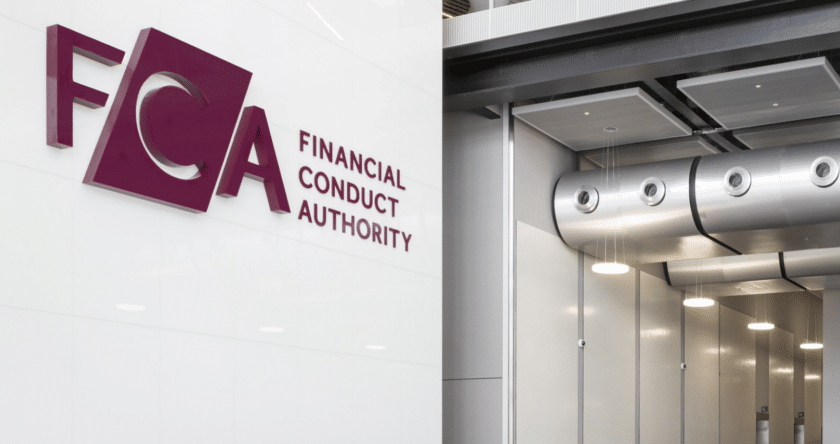The introduction of Consumer Duty in July 2023 was designed to enhance the protection of savers and investors and has required advice firms to undergo a great deal of reform. But just how effective do paraplanners believe the new rules have been?
In our latest parameters survey, 57% of paraplanners said they considered the new rules had been positive for the market. This compares to just 5% who said it had been negative. However, close to two fifths (38%) admitted they were unsure.
“I think it has made everyone reassess what they were doing and really drill this down and back to the client. It has provided a sense check for us to ensure we are providing value at each and every stage and our proposition matches,” one respondent told Professional Paraplanner.
Another commented: “Whilst we thought ‘we do this anyway’, I believe it made us review everything again, ensuring and evidencing that we do this and that outcomes for clients are clearly documented.”
Others said they hoped the tighter regulation would create greater transparency within the sector and help more people to see financial advice as a credible industry.
Data published by the FCA last year revealed a lack of consumer confidence in the advice industry, with less than half (45%) of consumers believing financial advisers act in the best interests of their clients.
One respondent told Professional Paraplanner: “Although it has increased the input required, greater protection for consumers can only be positive in my eyes, especially as this has not been highlighted so heavily in the past.”
Another respondent said: “I think firms are reacting to the legislation and looking at ways to make their advice easier to understand, their charges more transparent and to actually offer consumers better value and a better service.”
Respondents also cited the positive impact of Consumer Duty on charging structures, noting that the rules would prompt firms to review and overhaul “outdated” fee structures.
No weight with irresponsible firms
But while the findings of the survey revealed widespread recognition and understanding of the FCA’s desire to prioritise the client experience and outcome, many of those surveyed pointed out that the rules would have limited impact on those firms already acting in a responsible manner. Concerningly, several felt the regulation would be unlikely to hold much weight with less responsible firms.
One commented: “Responsible companies were upholding these principles already. The less reputable really don’t care.”
Another respondent echoed the sentiment: “It helps ensure consistently good standards throughout the industry, which many good firms were already displaying before it became mandated.”
One respondent warned that the regulation will act as little more than an “unnecessary box ticking exercise.”
“Good firms will already be doing this, although it may not be recorded and demonstrated as well as it is now, and poor firms are unlikely to fulfil their duties properly anyway,” they noted.
More work and slower client service
Others said that the new requirements had created extra work and pressure for firms.
“The impact for consumers is positive which should in turn be positive for the market but in reality it has added more steps into processes and slowed down client onboarding in some cases which could be viewed negatively,” one explained.
A fellow respondent said: “I think it is good for clients, will provide them with more clarity and reassurance, however, this is a large task for companies to incorporate.”
Another told Professional Paraplanner that while the concept of Consumer Duty was not dissimilar to what most advisers had previously been doing, the emphasis on detailed documenting is “another time-consuming exercise to prove we are doing what we are doing.”
A number of respondents were more damning of the regulation, believing it has created greater work for firms with little benefit and could inadvertently force good firms out of the industry.
“It is a waste of time, confuses clients and costs businesses a lot of money. It can only lead to reduced services or increased costs,” one commentator said.
Another added: “There are good and bad points but overall, I am not convinced it is for the good – it is another nail in the coffin for the less wealthy to get quality advice.”





























